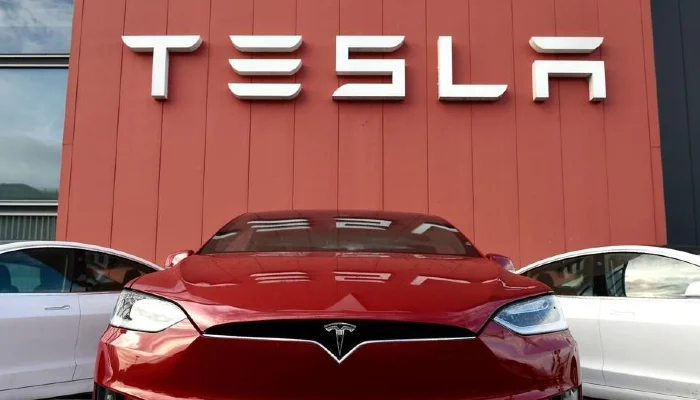Islamabad, Mar 29, 2025: Tesla recently highlighted its strong American manufacturing presence amid growing concerns over newly announced automobile tariffs.
The company took to social media, emphasizing that its cars are “the most American-made,” a claim supported by the Cars.com American-Made Index.
Tesla has dominated the index since 2021, with rankings based on factors such as final assembly, parts origin, and U.S. workforce involvement.
Industry experts note that Tesla’s domestic production could help shield it from the newly imposed 25% tariffs on imported vehicles and car components, which take effect on April 3.
These tariffs are expected to significantly increase costs for automakers that rely on international manufacturing, such as General Motors and Ford, which have production facilities in Mexico.
READ MORE:
Honda Pakistan First-Ever CBU Exports of 40 Units to Japan
Despite Tesla’s strong U.S. presence, the company is not entirely immune to the tariffs. CEO Elon Musk acknowledged this, stating on X (formerly Twitter) that the impact on Tesla remains significant.
A report from the National Highway Traffic Safety Administration in October 2024 revealed that 20% to 25% of Tesla’s components are sourced internationally, though it did not specify from which countries.
Analysts at Wolfe Research estimate that Tesla Automobile could face an annual financial setback of approximately $1.6 billion due to parts sourced from Mexico.
Experts at JP Morgan suggest Tesla and fellow electric vehicle manufacturer Rivian are among the least affected by the tariffs. This is because Tesla relies more heavily on U.S.-made parts compared to other automakers.
Additionally, the American Automobile Labeling Act currently categorizes parts from both the U.S. and Canada together, though the new tariffs will impact Canadian imports as well.
The tariff changes could also give Tesla an advantage in the competitive EV market. Analysts predict that the company, which operates non-unionized plants, may benefit while unionized competitors like Ford, General Motors, and Stellantis face disruptions as they adjust production strategies.
Tesla Automobile stock has shown signs of recovery, closing higher for six consecutive days following the tariff announcement before experiencing a slight dip.
However, challenges remain for the company, particularly in international markets like China and Europe, where rising competition has led to a decline in sales. Meanwhile, scrutiny over Musk’s government role continues, adding another layer of complexity to Tesla’s future outlook.
